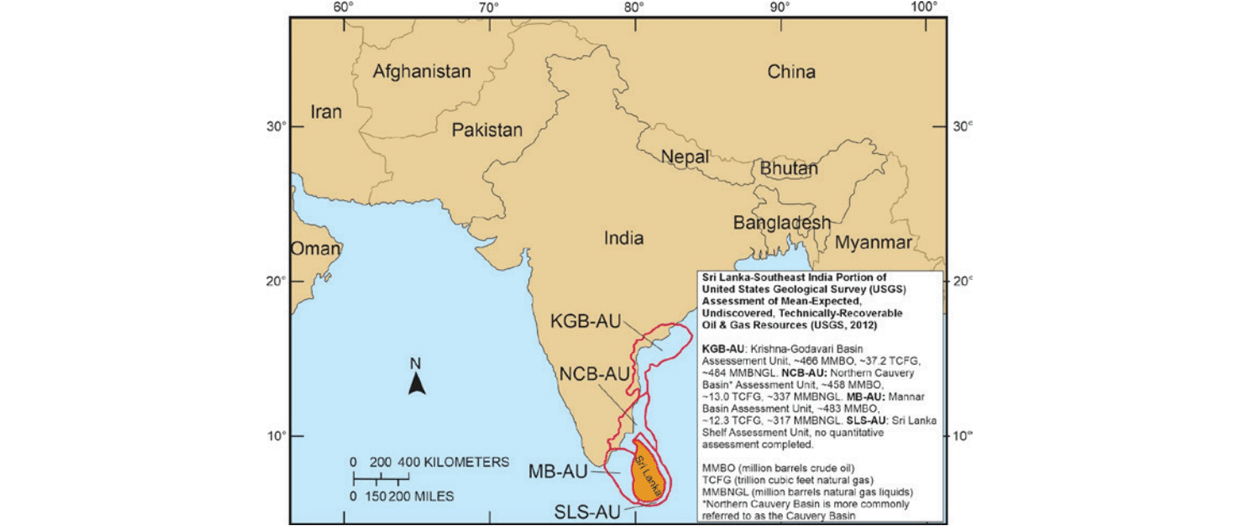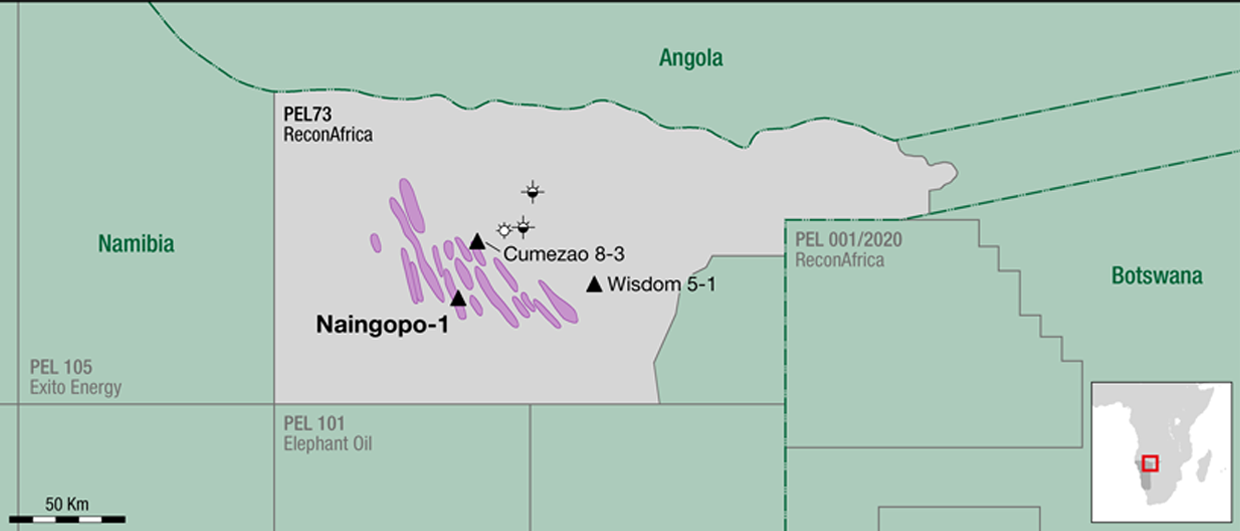In only five years, hydrocarbon exploration in the North Sea has changed character in a dramatic way. In the early days companies like BP, ExxonMobil, Shell and Statoil drilled the majority of wells. World-class discoveries like Brent, Ekofisk, Forties and Statfjord turned the North Sea into an exploration hot spot in the 1970’s and 1980’s. Exploration and development costs were high, however, and only wealthy companies could afford to take part in this game.
In the 1990’s the creaming curve flattened out, meaning that discoveries were small and added little to the total reserves. The supermajors lost interest and withdrew. They are only hunting for the big prey. Small fields, although quite profitable, will not satisfy their shareholders requirement for continued growth. The smaller companies, on the other hand, found it too expensive to join in. As a result, exploration drilling dropped to an all time low in the UK in 2002.
The authorities in both Norway and the UK were worried. They soon found out that production was exceeding reserve replacement, and then production also started a downturn. A local “Peak Oil” event had occurred. Something had to be done. Both the UK and the Norwegian governments realised that it was necessary to introduce initiatives that would encourage further exploration. The scene was set.
In the UK there are now three different types of licenses: The Traditional, the Promote (introduced in 2003 and applying to mature basins) and the Frontier (applying to frontier provinces). In addition, the Fallow Field Initiative was introduced in 2002 (GEO ExPro, v. 3, No. 6).
Just after the turn of the century, the authorities in Norway decided that the oil companies needed incentives to explore for small to medium sized fields in the mature basins. Changes included modifications to the tax regime, in particular in the exploration phase; the introduction of annual licensing rounds (APA); the acceptance of companies with a small staff and slim organisation, and reduced requirements as to technical documentation.
The results of these changes in licensing policy have been very successful in both countries. A record number of oil companies are applying for acreage, and a record number of licenses have been awarded. This may partly be attributed to the high oil price, but it would not have happened without the new regulations.
Whether these government initiatives will be considered successful in, say, five years time, remains to be seen. That will depend on how many barrels of oil equivalent are added to the official reserve figures. The measure of success will hinge on whether revenues from production from new fields are higher than exploration expenditure.





